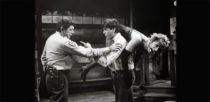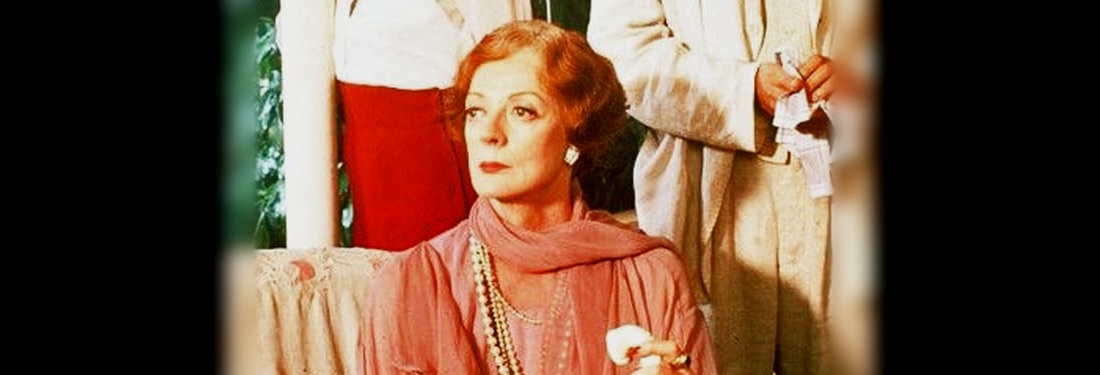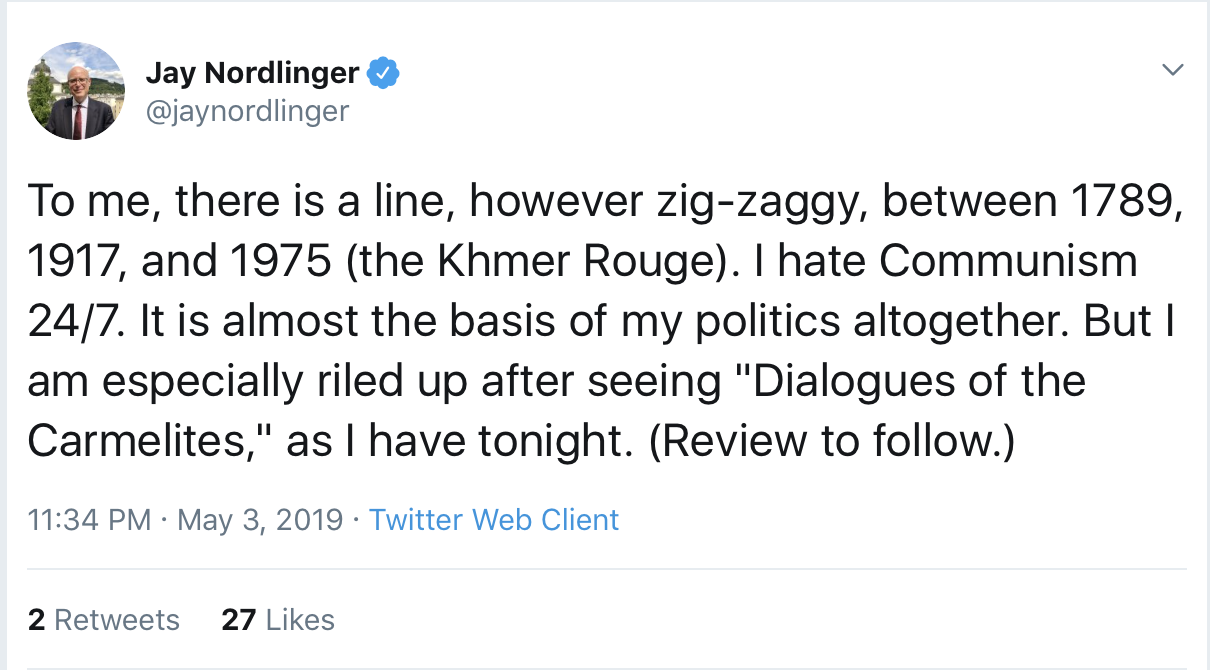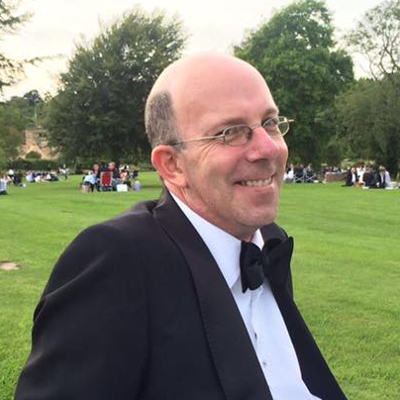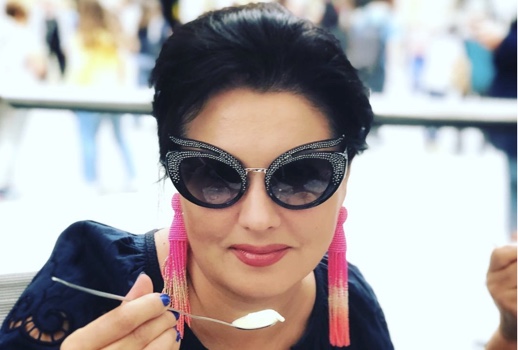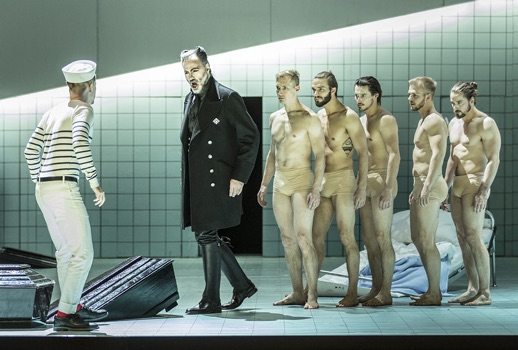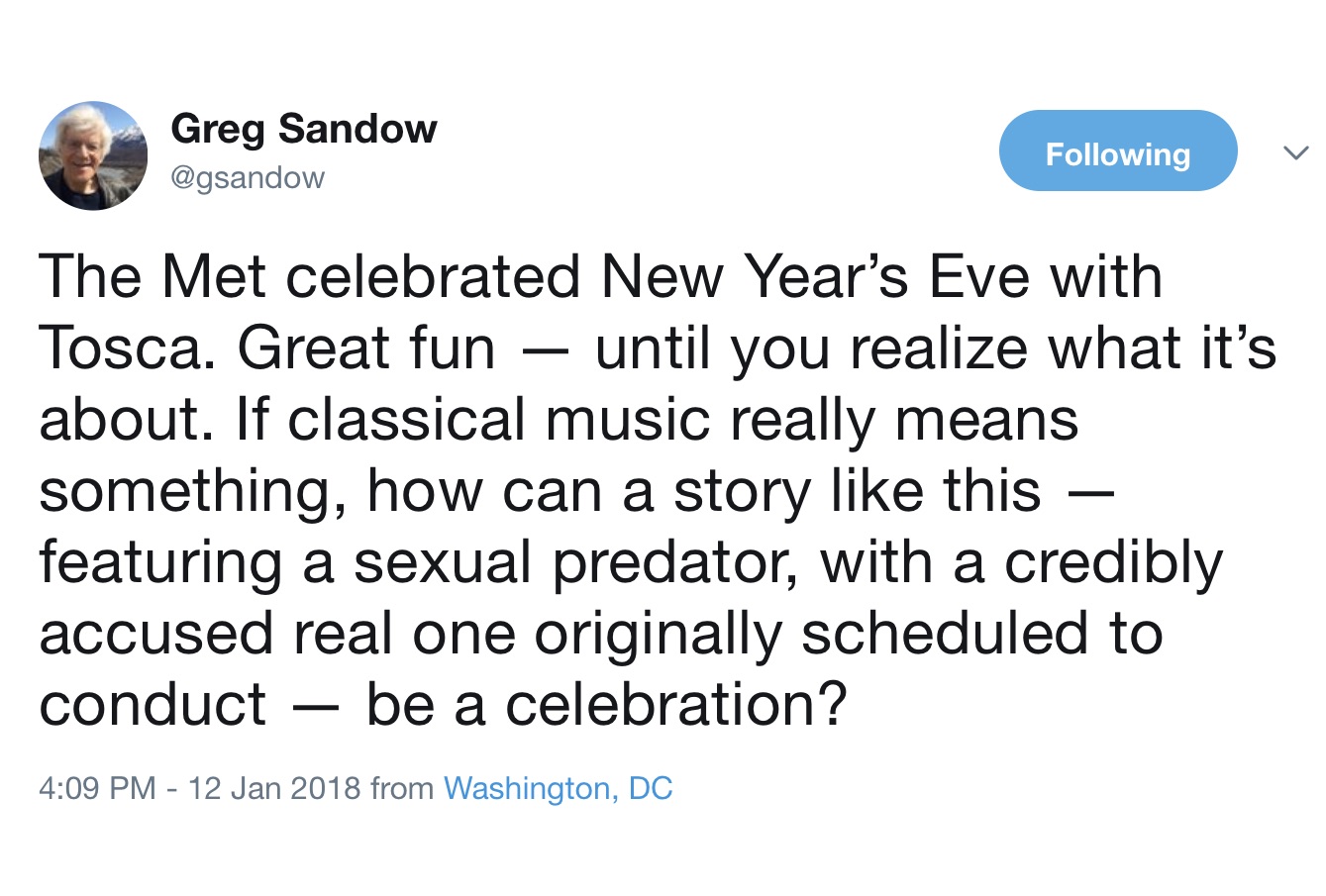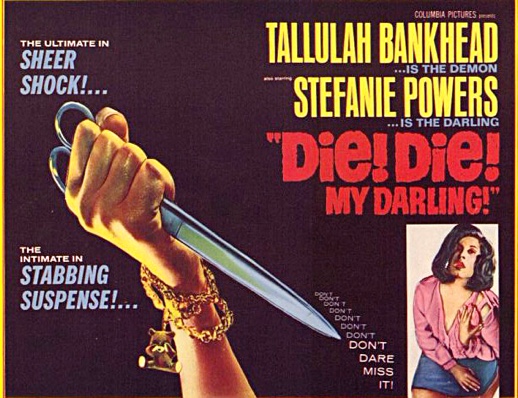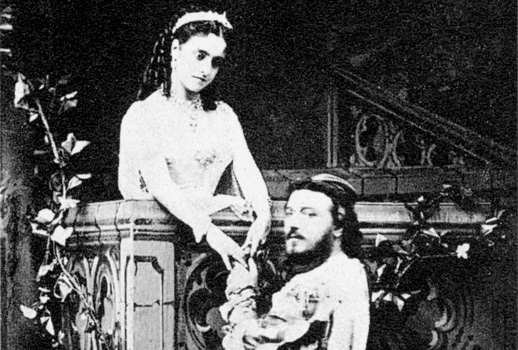
More than any actor I’ve seen on stage or screen, John Malkovich communicates the essential ambiguity of the character.
The 1950 movie seems intent to turn the story into a screen romance, eliding or ignoring the play’s mournful tenor.
In operatic pathology, diseases are endowed with preposterous mythological properties: they are both an emblem of desire and the punishment for desire. They are crime, confessional, and executioner all rolled into one.
Bus Stop deals with uncomfortable questions of sex and longing, and it also examines a desire for human connection that often comes up short.
It’s Easter season, and that can mean only one thing for opera: It’s Cavalleria Rusticana time. And I, for one, couldn’t be more excited.
It is interesting to consider how strongly Inge focuses on women (mostly single or widowed) and sex, particularly from his position as a (closeted) gay man.
A theater-critic friend of my father once said that Laurence Olivier played American like it was a character choice.
Like many artistic homosexuals, I’ve been through an Altman phase, a Cher phase, a Sandy Dennis phase and a Karen Black phase, so you needn’t explain yourself to me.
There’s no way for any production of Suddenly Last Summer to completely avoid at least a whiff of camp.
Having just watched and written about the famous Actors Studio Three Sisters, it also feels right to turn now to The Cherry Orchard—Chekhov’s final play—in a production from the BBC.
What we see here from Strasberg is frustratingly literal and drably conventional—it looks to me like he’s channeling a lot of received wisdom about how Chekhov should be staged and bringing almost nothing of his own to the process.
From Twitter.
Certain critics need to get the fuck over themselves.
What it boils down to is the author flaunting his anti-racist bona fides by mocking Anna Netrebko based on her national origin.
A privileged white male critic for the Wall Street Journal accomplished quite a hat trick earlier this week.
Oh look, another critic who part-times as a necromancer!
The cher public are invited to nominate non-comic operas suitable for a gala performance according to the conditions specified above.
“Marlis Petersen, in her first shot at the role, is as complete a video Violetta as Rosanna Carteri, Marie McLaughlin or the young Angela Gheorghiu, and as riveting as Teresa Stratas or Anna Netrebko.”
One thing that is killing opera is the practice of critics’ comparing the singers they heard last night to dead or retired artists.
I sat through the Met’s Ring twice, and it never occurred to me that any thought had gone into it at all.






